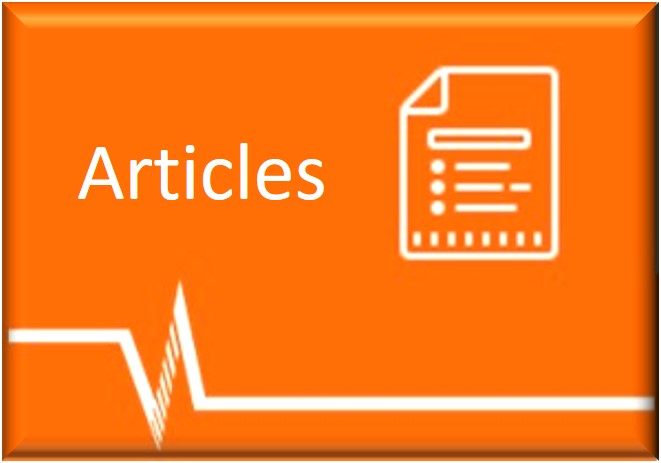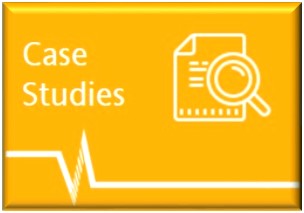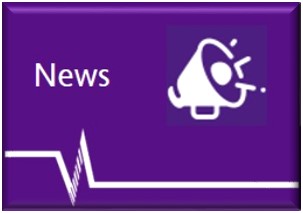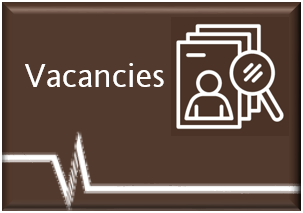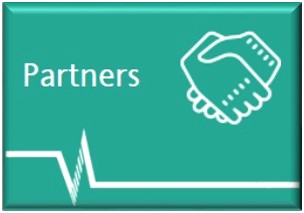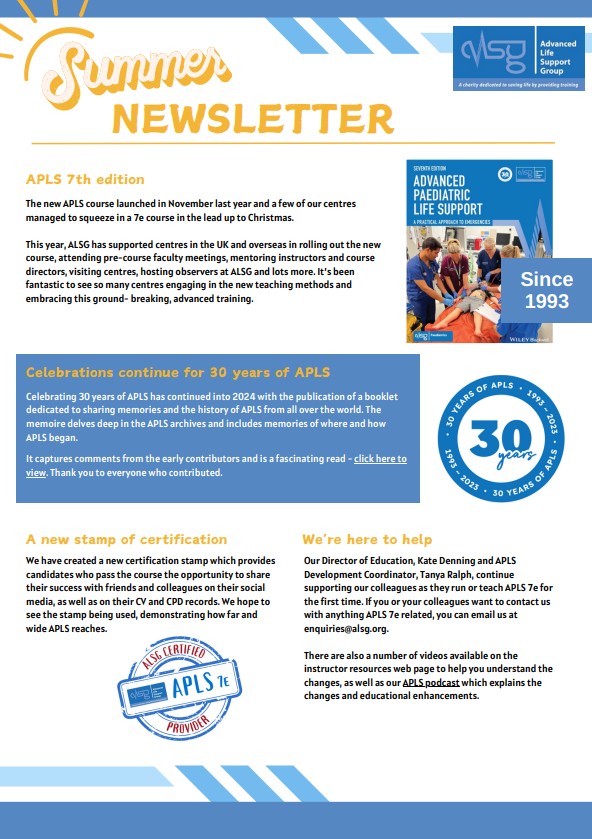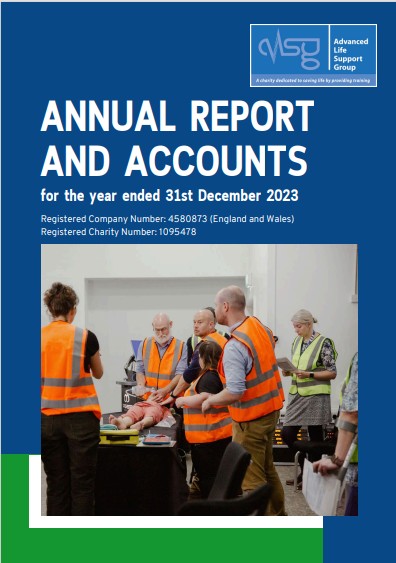
Topic outline
-
2024 Summer Newsletter2023 Annual Report and AccountsNew APLS Working Group Chair announced
 We are delighted to introduce you to the newly appointed Chair of the Advanced Paediatric Life Support (APLS) Working Group, Dr Bimal Mehta. Bimal is currently one of the APLS Working Group Vice Chairs and a Consultant in Paediatric Emergency Medicine at Alder Hey Hospital, Liverpool, and brings a wealth of expertise and dedication to this pivotal role.
We are delighted to introduce you to the newly appointed Chair of the Advanced Paediatric Life Support (APLS) Working Group, Dr Bimal Mehta. Bimal is currently one of the APLS Working Group Vice Chairs and a Consultant in Paediatric Emergency Medicine at Alder Hey Hospital, Liverpool, and brings a wealth of expertise and dedication to this pivotal role.Bimal’s journey with APLS began as a candidate in 1998, and his commitment to paediatric emergency care has been unwavering. As an instructor and advocate, he has contributed significantly to the development of APLS 7e, a milestone achievement for the organisation.
“I value the important contribution APLS has made to improving provision of safe care to the sickest children and saving lives around the world; and understand that it is vital to maintain both its quality and standing.
Being Chair is a responsible role and not one to be taken on lightly. Working together I believe we will keep APLS not just relevant, but the best there is, keeping true to ALSG’s mission statement.” Bimal Mehta.
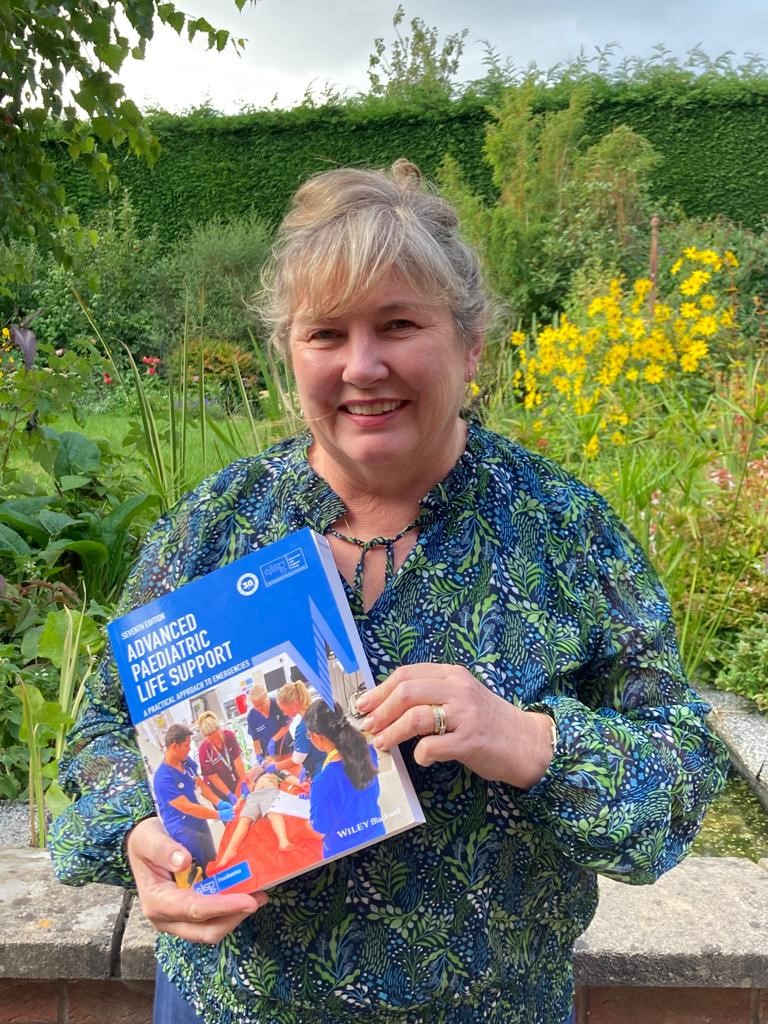
The outgoing chair, Stephanie Smith, a respected retired Emergency Paediatrician, leaves behind an indelible legacy. Having Attended her first APLS course in Sheffield back in 1995, and going on to become an instructor, Stephanie’s passion and leadership have shaped the group’s continuing success. Her pride in APLS reflects the tireless effort she invested in its development. Bimal will formally take over the reins in September 2024, and we eagerly anticipate the positive impact he will bring to the APLS community.
International Nurses Day 2024Food for thought – 1
It’s great news that this year’s International Nurses’ Day theme from the WHO is “Our Nurses. Our Future. The Economic Power of Care”, as this brings into focus the poor investment in the ongoing training of the nursing workforce.
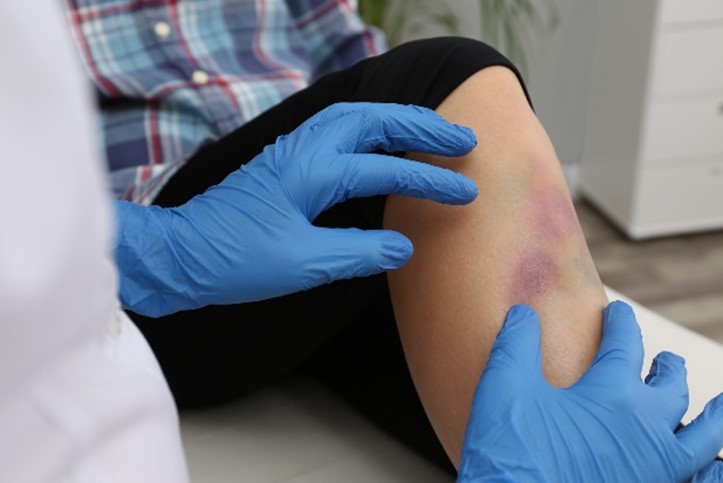
The NHS is under constant budgetary constraints and in 2016 it was announced that *nurses’ bursaries were being removed from 1 August 2017. This was because formal education was converted into university degrees and nursing students would access the student loan scheme.
Having qualified and accrued debt at university, nurses are also having to self-fund training for their required CPD. On top of this many Trusts are expecting nurses to use their annual leave to attend training.
Shouldn’t our nurses be valued, especially on International Nurses’ Day? ALSG is suggesting CPD study budgets for training is made available to all post-graduate nurses and ring-fenced going forward.
Clearly the WHO see our nurses as vital by making the theme this year about ‘the economic power of care.’ Food for thought.
* The NHS Bursary Scheme new rules (publishing.service.gov.uk) pg 5, item V.
Food for thought – 2
 The WHO has chosen to focus this year’s International
Nurses’ Day on “Our Nurses. Our Future.
The Economic Power of Care.”
The WHO has chosen to focus this year’s International
Nurses’ Day on “Our Nurses. Our Future.
The Economic Power of Care.”With budgetary restrictions across the NHS, it is estimated waiting lists will reach 8 million by this Summer[1].
Nurses are arguably the backbone of the NHS and to not fund their CPD, seems counter-productive, especially as it is a requirement to fulfil their obligatory education.
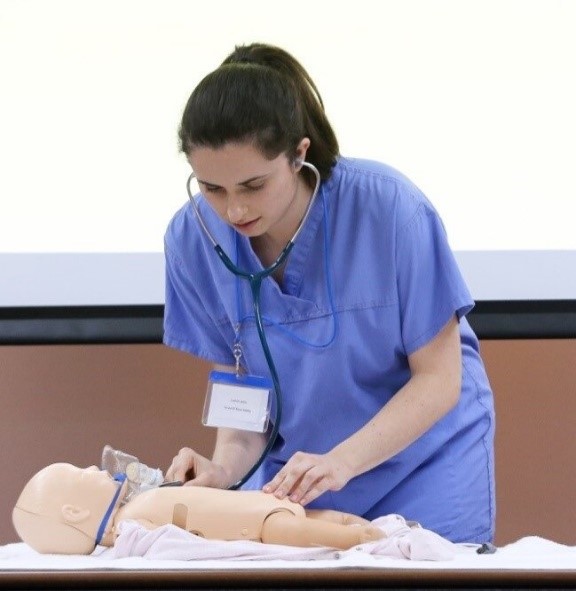
According to the Royal College of Nursing report[2], 13 February 2023, tens of thousands of skilled and experienced nursing staff are leaving the profession, with many of those aged 21 to 50.
Whilst the report recognises there are other factors such as the need for better “workforce planning”, it also cites retention strategies are needed which includes a clear path in career progression. That surely can be viewed as investing in nurses’ training.
To invest in our nurses, funding needs to be a cast-iron commitment for every Trust. This investment will not only allow nurses to advance their careers more clearly but recognises that investment is ‘the power of care’ and is empowering as well as impactful. Food for thought.
New TrusteesTwo new Trustees joined the board, click here to read all about our new members.GIC in Uganda with NICHE International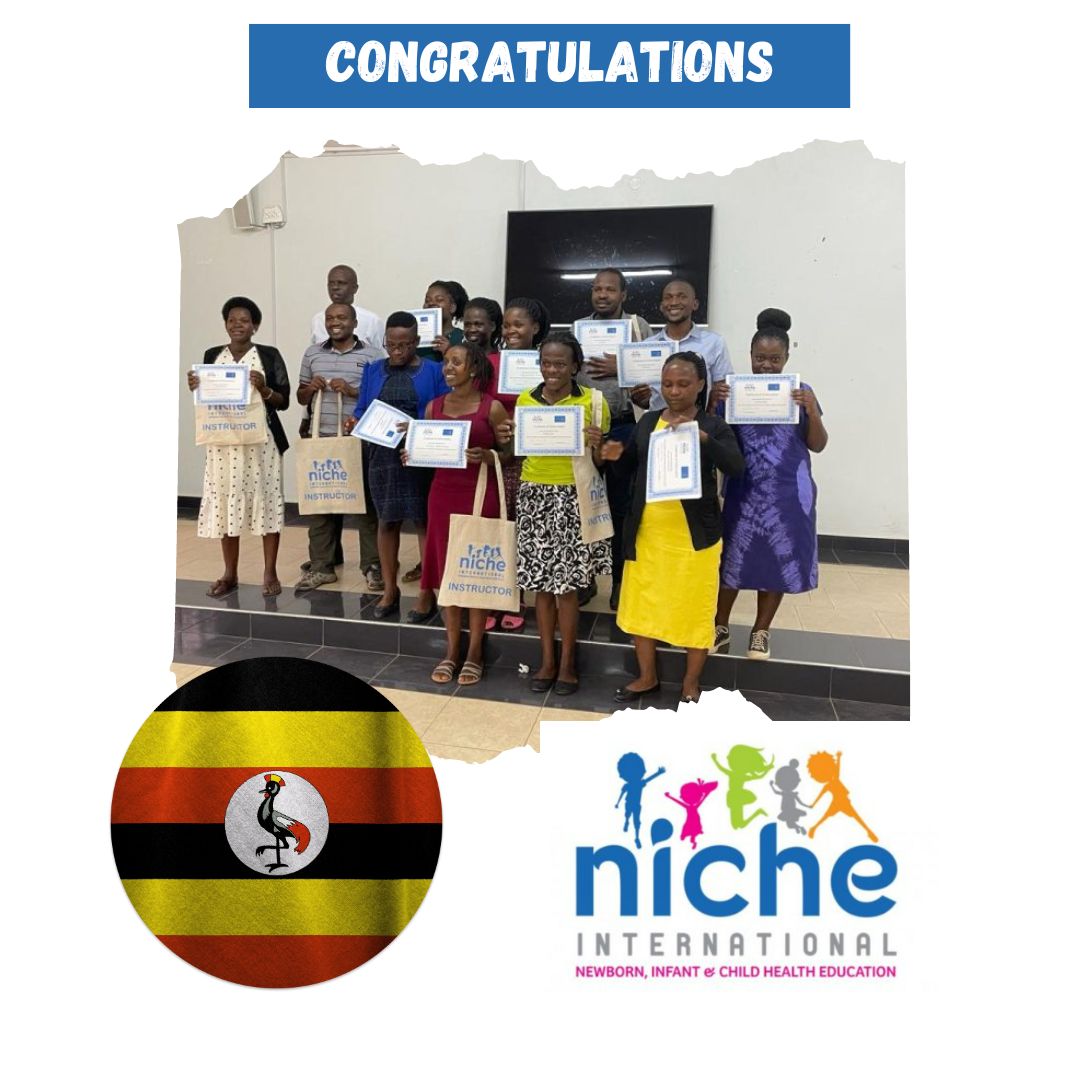 The Neonatal Care Course (NCC) is expanding in Uganda after 12 candidates undertook @_ALSG_ Generic Instructor Course. They taught NCC for two days with supervision from @NICHE delivering the course. They are now able to deliver NCC as fully qualified instructors. #SavingLives
30 years of APLS - where did it all begin?Read all about the 30 year journey of APLS, where and how it all began here:Celebrating 30 years of MIMMS with Tim Hodgetts CBE QHS, who set up Military MIMMS
The Neonatal Care Course (NCC) is expanding in Uganda after 12 candidates undertook @_ALSG_ Generic Instructor Course. They taught NCC for two days with supervision from @NICHE delivering the course. They are now able to deliver NCC as fully qualified instructors. #SavingLives
30 years of APLS - where did it all begin?Read all about the 30 year journey of APLS, where and how it all began here:Celebrating 30 years of MIMMS with Tim Hodgetts CBE QHS, who set up Military MIMMS

